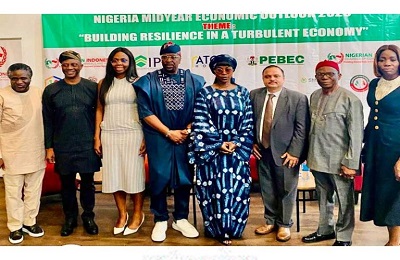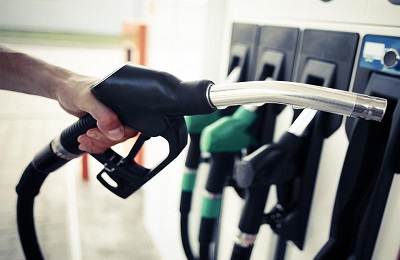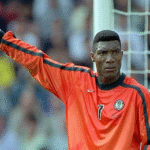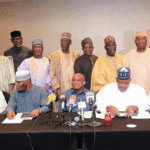Fund calls for deeper revenue reforms and expanded cash transfers to tackle widespread poverty despite recent economic progress.
Abuja, Nigeria – The International Monetary Fund delivered a mixed report card to Nigeria this week, praising the country’s courage in tackling tough economic reforms while warning that 87 million Nigerians still live in poverty. The IMF’s 2025 Article IV consultation shows a nation at a crossroads, where bold policy decisions could either lift millions out of hardship or leave them further behind.
A Tale of Two Nigerias: Progress and Persistent Poverty
Nigeria’s economic story since 2023 reads like a dramatic turnaround attempt. President Bola Tinubu’s administration took the politically risky step of removing fuel subsidies and fixing foreign exchange distortions that had plagued the economy for years.
The IMF report acknowledges these bold moves have improved foreign exchange access and strengthened reserves. Yet the harsh reality remains: real per capita GDP actually declined between 2014 and 2023, while 42 percent of Nigerians, roughly 87 million people, struggle below the poverty line.
“Nigeria’s potential is beyond doubt,” the IMF noted, but the gap between potential and reality tells a sobering story of missed opportunities and persistent challenges.
The Oil Dependency Trap
Picture Nigeria as a giant economy running on a single engine oil. With petroleum still accounting for around 30 percent of government revenue, the country remains dangerously exposed to global price swings that can devastate budgets overnight.
The IMF welcomed recent tax reforms designed to broaden the revenue base and improve compliance. These changes promise to make tax payment simpler while ensuring everyone pays their fair share a crucial step for a country that has relied too heavily on oil windfalls.
“Delivering effective investments in people and infrastructure requires realistic budget assumptions, strong expenditure management, and transparent implementation,” the Fund emphasized, painting a picture of disciplined governance that Nigeria desperately needs.
The organization urged Nigeria to redirect billions saved from subsidy removal into agriculture, power, and climate resilience investments that could transform millions of lives.
The Inflation Reality: When Reform Hurts
When Nigeria scrapped petrol subsidies in May 2023, ordinary citizens felt the immediate impact. Fuel prices doubled overnight, sending inflation soaring above 20 percent and making basic goods unaffordable for families already struggling to survive.
This painful reality illustrates the cruel math of economic reform: necessary changes often hurt the most vulnerable people first, before benefits emerge. The IMF called for tighter monetary policy to bring prices under control, acknowledging that high inflation erodes the purchasing power of Nigeria’s poorest citizens.
For millions of Nigerian families, the question isn’t whether reforms will work eventually – it’s whether they can survive the transition period.
Building Bridges to a Better Future
The IMF’s prescription for Nigeria reads like a roadmap for inclusive growth: expand cash transfer programs to protect vulnerable populations, align tax rates with regional standards, and build transparent budget systems that deliver results.
These aren’t just policy recommendations; they represent lifelines for millions of Nigerians waiting to see whether their government’s bold reforms will translate into better lives. The success of Nigeria’s transformation depends on implementing these changes transparently, while regularly measuring progress and adjusting the course as needed.
The stakes couldn’t be higher: get it right, and Nigeria could become Africa’s economic powerhouse. Get it wrong, and millions more could slip into poverty.
By Abiodun Labi








